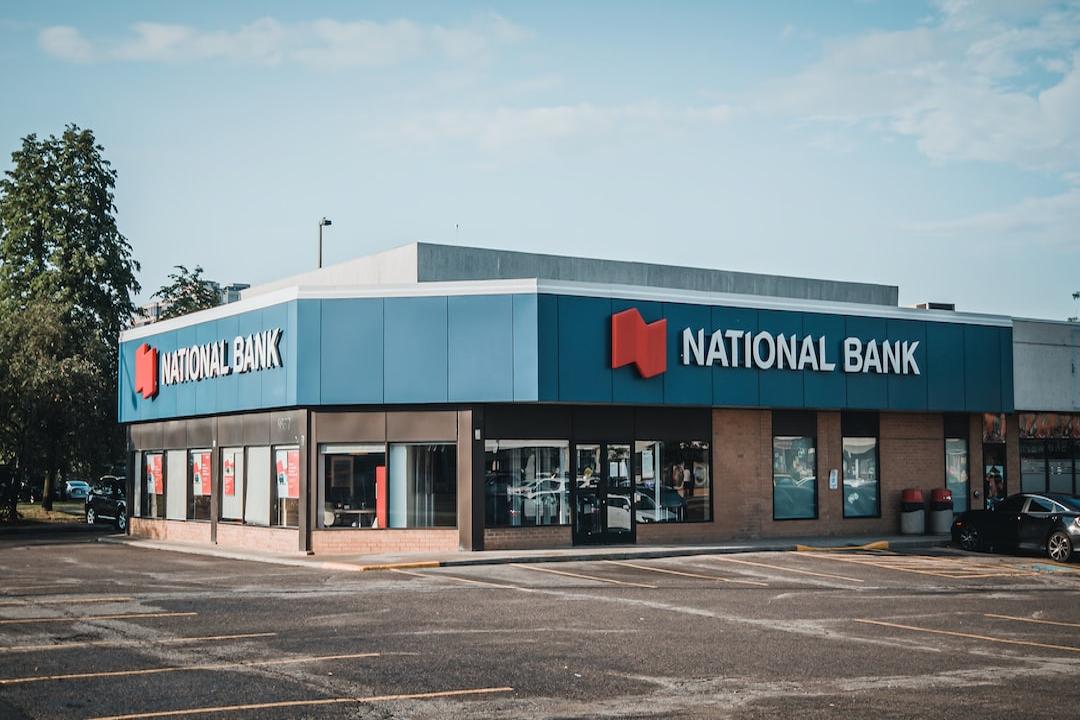The crypto market has seen a significant change in Dogecoin ownership in recent months, with large holders, known as ‘whales’, decreasing their dominance over the circulating supply. This shift reflects a move towards greater decentralization within the Dogecoin ecosystem.
A report from leading blockchain data company IntoTheBlock highlights this shift, showing that the percentage of Dogecoin held by wallets with over 0.1% of the total supply has decreased from 45.3% to 41.3% in the past year. This transfer of Dogecoin to retail investors is making the asset more stable and resistant to market manipulation.
As Dogecoin ownership spreads to retail and mid-range investors, the dynamics of this meme coin are evolving. Previously, whales had the power to influence markets significantly, but with a more diverse ownership base, market dynamics are becoming less vulnerable to the whims of a few.
The redistribution trend reflects a turbulent period for Dogecoin and the wider crypto market. The price of Dogecoin has dropped by almost 10% in the past 24 hours and by about 12.5% over the past week, with a trading value of around $0.211. Maintaining a market capitalization above $18 billion is proving challenging.
While the redistribution of holdings may reduce price manipulation by whales, it also presents a risk of increased volatility from retail investors. The report from IntoTheBlock suggests that this shift in ownership could reignite community interest in Dogecoin, potentially driving appreciation in value as a consumer coin in the future.
Furthermore, the gradual opening of ownership could lead to stronger and more engaged communities, promoting stability and growth for Dogecoin in the long run.


